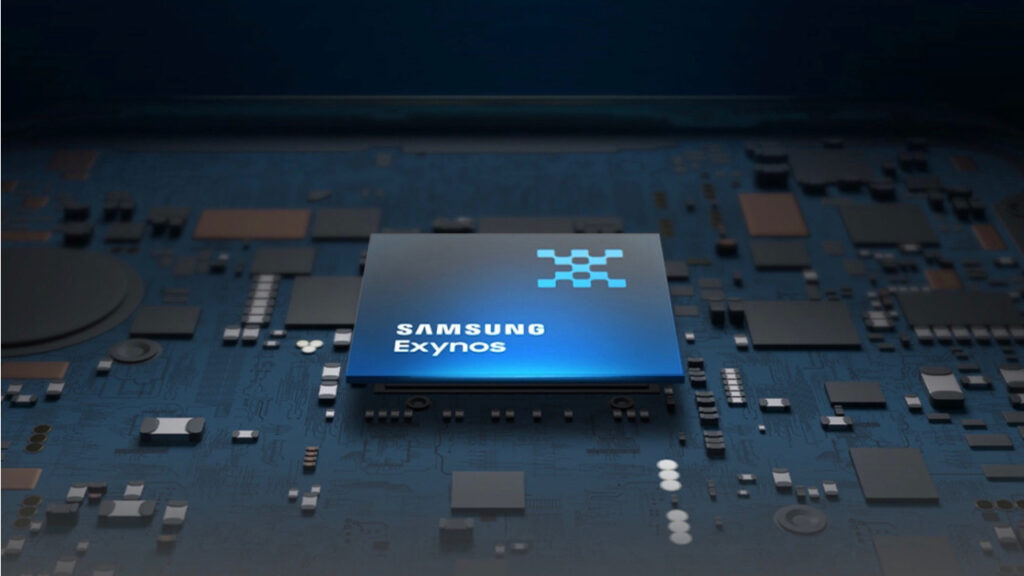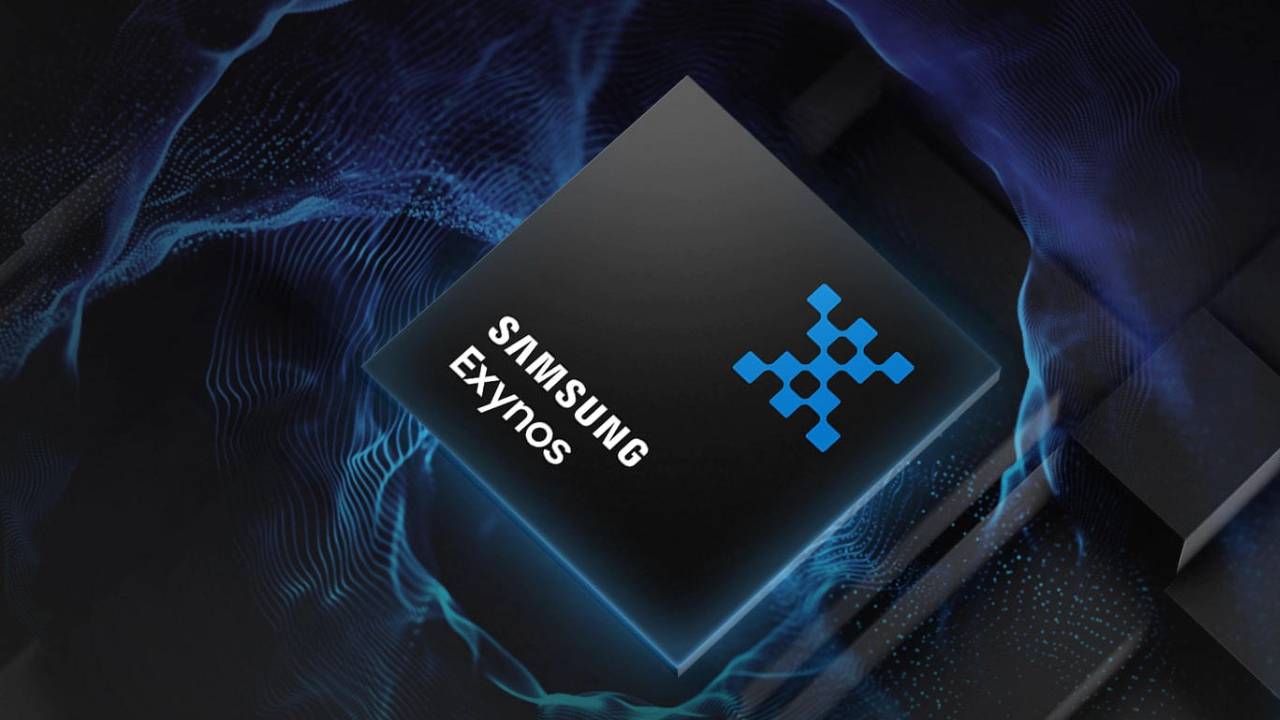For years Samsung phones have stood out by featuring the firm’s own Exynos chips. However, recent reports have suggested that Samsung’s approach to mobile silicon is changing, taking Exynos out of the spotlight. Now, a new industry report further reaffirms suspicions that Samsung could be moving away from Exynos chips for smartphones.
Samsung reportedly moving away from Exynos chips in smartphones
Samsung smartphones are produced internally by the company’s Mobile eXperience (MX) division, while Exynos design and production is handled by the System LSI wing. Korean publication The Elec reports that the MX department has assembled a new team to develop smartphone processors independent of System LSI (via SamMobile).

Samsung’s MX division appears to share users’ disappointment with Exynos chips and their efficiency, performance, and thermal profile. Thankfully, the department isn’t firing blind with this plan to make its own SoCs — the VP heading up this effort, Won-Joon Choi, worked at Qualcomm before joining Samsung in 2016, where he’s also headed the Flagship Product R&D team and the Technology Strategy team.
Regardless of how this report plays out, we don’t expect to see any immediate changes to the Samsung smartphone lineup. Conflicting reports have surrounded the upcoming Galaxy S23 — one suggests Samsung could stick with Qualcomm SoCs while another says an Exynos variant is in the offing. We’ll know for sure within a couple of months, with the phone’s launch looming. The earliest signs of change may come when the Galaxy S25 series arrives a few years from now.
Until then, The Elec suggests Samsung System LSI could focus on producing chips for automobiles, where the impact of power issues and thermal management becomes much less important. That said, nothing here is officially confirmed, and a Samsung spokesperson declined to comment on the matter. It remains to be seen whether Samsung will fully transition away from Exynos chips in the future, but the company’s plans to develop its own processors independent of System LSI suggest that a change could be on the horizon.
(via)














